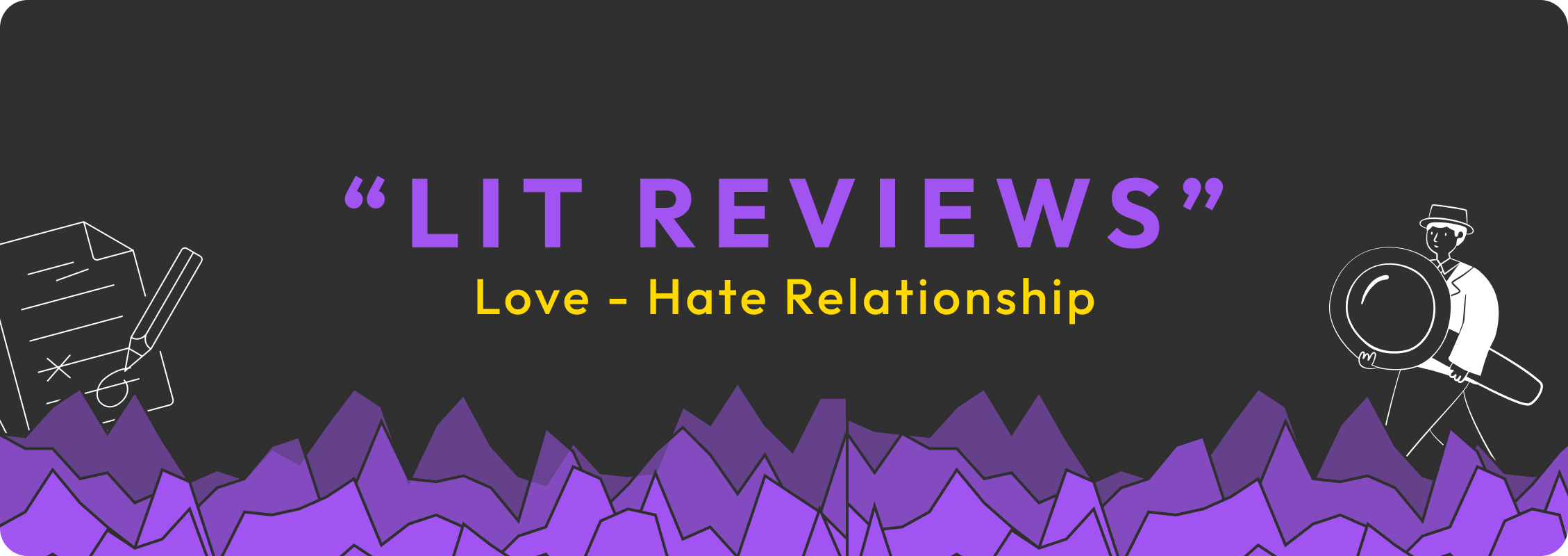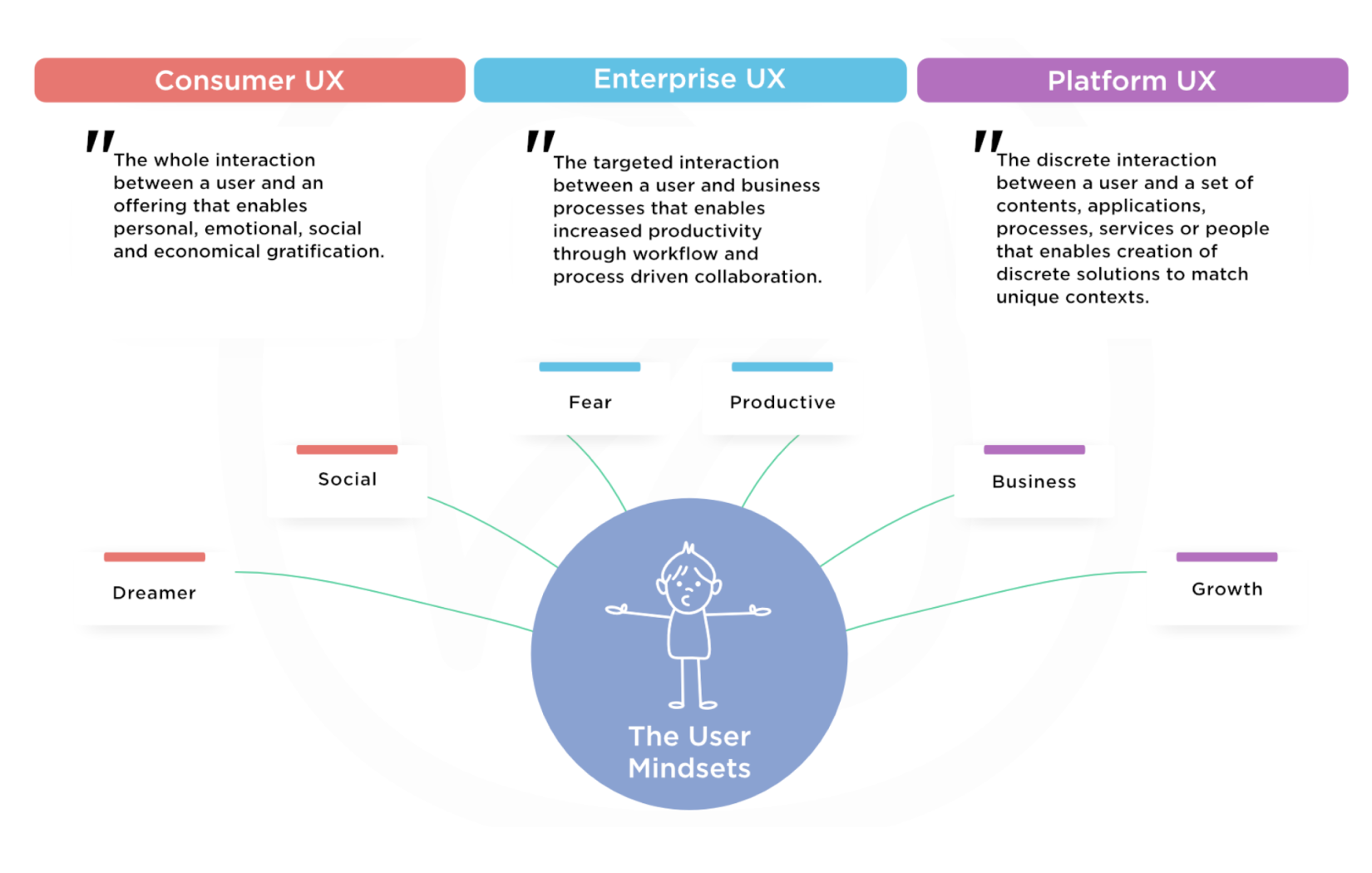Blogs
Why a Literature Review Might Suck Your Soul Out—But It’s Important
Shashank Sharma
Posted On December 2, 2024

Let’s be honest, literature reviews may exactly not be the most exciting part of research for some. Personally, I don’t enjoy them. They take up so much time, involve going over things that we feel we already know, and boil down to finding citations and evidence to back what we know—or think we know.
Then there’s the wild goose chase for access to the right sources. You spend hours sifting through information, trying to ensure it’s valid, only to hit multiple dead ends. It can feel like being a rookie-detective in a never-ending crime drama—knocking on random doors for 10 whole seasons and still nothing.

So Why Bother With Literature Reviews?
This is the tricky part—convincing you (and myself!) why literature reviews are worth the hassle.
As a “chill guy” who loves UX research, I’ve learnt that literature reviews serve several critical purposes:
- A Knowledge Repository: They consolidate past research, offering a single reference point to identify what’s been done and where the gaps are.
- A Memory Bank for Teams: In cross-functional teams, priorities shift, and past work often gets buried. A literature review ensures that research is easily accessible when priorities change, saving time and resources later.
- Credibility Builder: A well-done review lends weight to your opinions. When you bring evidence-backed recommendations to the table, stakeholders are more likely to listen and engage in meaningful discussions.
- Inspiration and Learning: Exploring others’ work introduces new ideas, methodologies, and perspectives. If you’re someone who doesn’t read much outside of work, literature reviews keep your curiosity alive and spark creativity.
But despite all the frustration, literature reviews are indispensable, especially for doing research with a solid foundation. They do come with challenges though, and here are a few to keep in mind:
- Bias in Selection of Sources: It’s easy to fall into the trap of picking sources that align with your preconceived notions or hypotheses. This can lead to ignoring conflicting studies and producing biased conclusions.
Similarly, limiting your review to high-impact journals or studies from specific regions might give you an incomplete or skewed picture. - Quality of Sources: Not every study is high quality. Including poorly conducted research or articles with methodological flaws can compromise the validity of your findings. There’s also the “grey literature”—unpublished studies and non-peer-reviewed articles—which can be valuable but come with reliability concerns.
- Information Overload: In fields with extensive research, wading through countless studies can feel overwhelming. It’s hard to know what’s relevant and impactful.
On the flip side, emerging fields might have a scarcity of studies, leaving frustrating gaps in your understanding. - Lack of Objectivity: Summarizing and synthesizing findings involves interpretation, which can inadvertently introduce subjective bias.
Personal preferences might influence how you categorize or highlight studies, affecting the neutrality of the review. - Time and Resource Intensity: Let’s not sugarcoat it—literature reviews are time-consuming and resource-intensive.
How to Navigate These Challenges
- Despite their tedious nature, literature reviews are crucial for maintaining objectivity and building a strong research foundation. Here are a few tips:
- Stick to the Objective: Always keep the main purpose of your review in mind. Avoid letting personal biases creep in—your job is to present findings as they are, even if they’re conflicting. These differences can spark meaningful discussions about what works and what doesn’t.
- Ask for Guidance: Talk to someone who’s researched your topic before. They can point you toward helpful sources or insights. It’s like being a detective who gets tips from other detectives. But remember, everyone has their biases, so always contextualise. .
- Be Resourceful: If you’re hitting too many dead ends, step back and reassess your search strategy. Sometimes, broadening or narrowing your scope can make a difference.
Conclusion
Ultimately, a literature review isn’t just about digging into the past—it’s about leveraging what’s already known to build a better, more innovative future.
Yes, it’s tedious. Yes, it can suck the soul out of you. But it’s also an invaluable tool for UX researchers to shape strategies, influence decisions, and ensure that the user’s voice remains central to every conversation.
P.S. I’m writing this because I’m avoiding a literature review. But hey, I really should get to it. So, here’s the deal—I promise I’ll start… probably. Maybe. Wish me luck!


